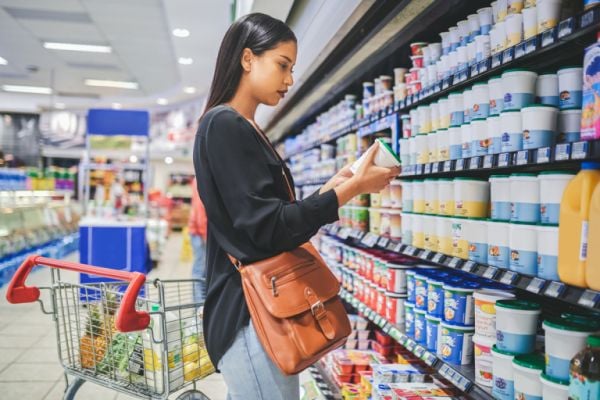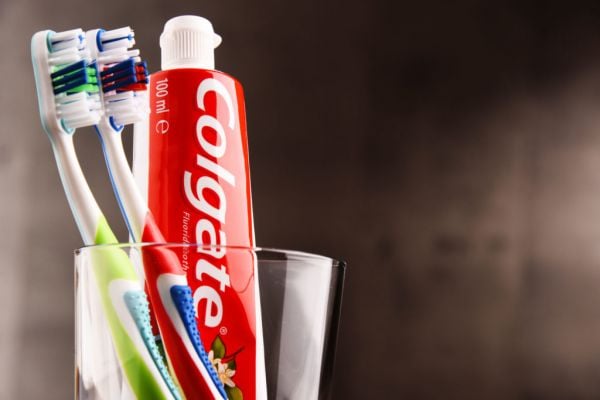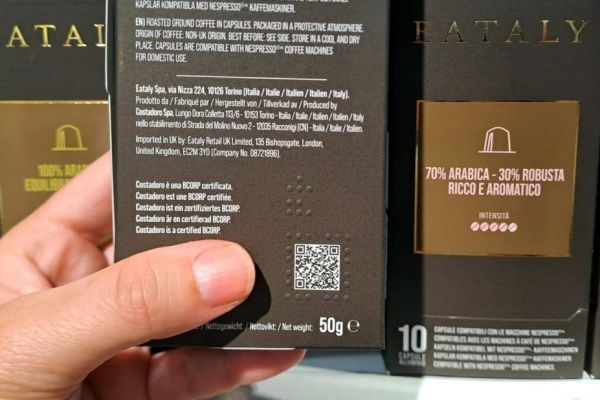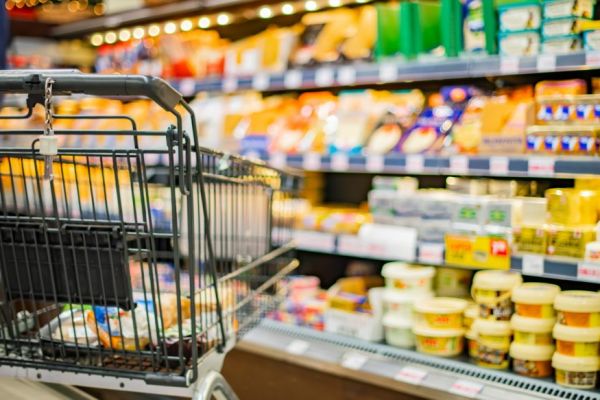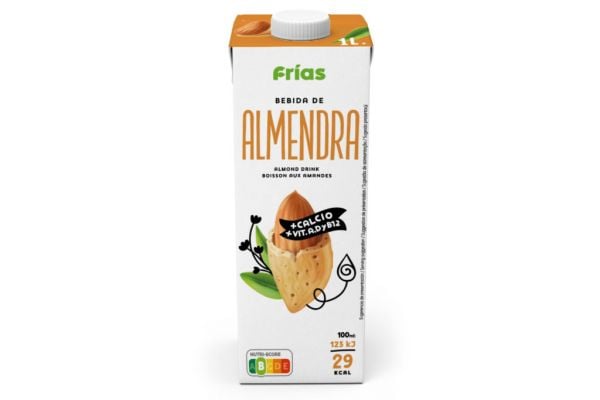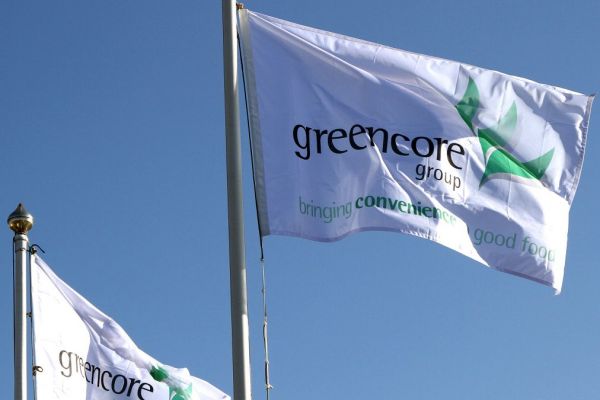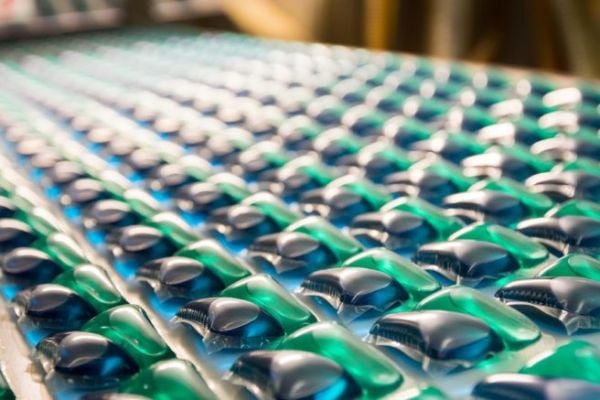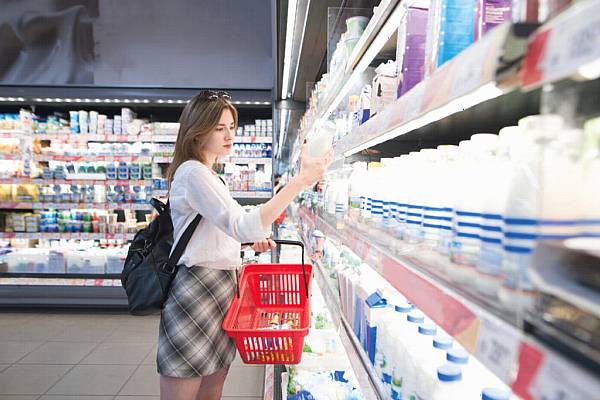Barclays has released new research that indicates that private label’s ability to attract customers continues to retreat from the ‘extremely high levels’ of November 2023, although it remains a powerful force in retail.
The bank’s latest tracker shows that private label is gaining in 58% of US and European food/HPC categories – down from 65% in March, and 80% in November 2023.
Sequential Weakening
Barclays noted that private label is still seeing gains in the majority of the categories that are being tracked, although the trend is ‘sequential weakening’.
The study also indicates that just because private label is gaining in a particular category, it doesn’t mean that all branded players therein are losing share.
‘The trend we have been seeing over the last 12 months is that even as private label has been winning, the leading branded player in many categories is also taking share – and it tends to be the secondary and tertiary branded players that are losing ground, driven by very bifurcated consumer shopping behaviour in both the US and Europe,’ according to the authors of the report.
Category Growth
Private label is gaining share in 27 of the 46 categories (58%) that Barclays tracks, with the most notable private-label market share winners across US detergent, EU mayo, US pet treats, US soap, EU sun care and EU sauces, while the biggest private-label market share losses to branded products are occurring in US sparkling water, US ice cream, and EU cat/dog food.
In EU food, Barclays noted that branded players are ‘fighting back’ in some categories, with private label now gaining in fewer categories, but still making progress in mayo, sauces, ice cream, and yoghurt.
The report indicates that the product categories that currently seem to have been the least impacted by private label are pet food and fresh roast coffee. For most of the food categories tracked, the latest four-week trends are running below the last 12 weeks.
Barclays noted that this indicates that private label is ‘losing some steam’.
The report references Unilever and Henkel as two major brands that have made gains at the expense of private-label products, citing a number of reasons why this may be the case.
Better Innovation
Barclays anticipates that innovation efforts will be stepped up further by branded players in the remainder of the year.
It also expects that branded players will benefit from higher advertising spend.
Inflation Worries Fade
There are indicators that consumers are becoming more confident about their finances as inflation eases off, which traditionally has had a knock-on effect on private-label consumption.
The report references France and Germany, in particular, as examples of countries where branded players are slowly easing their way back into the market after taking a heavy hit from private label.
Consumer Apathy
In some cases, regardless of inflation, consumers just want to go back to the brands that they know and love, and they are willing to pay extra for the luxury.
Furthermore, there is some evidence in the report that price gaps between branded players and private label, in some categories, have started to narrow, taking away the incentive that private label is a cheaper option.
SNAP Benefits
Low-income consumers in the United States may have significantly more disposable income in their wallets in May, due to an increase in Supplemental Nutrition Assistance Program (SNAP) benefits, from the federal nutrition assistance programme.
This is a relatively recent trend, however. In recent years, low SNAP payments and high inflation have hit the consumer hard, which may have incentivised many to search for low prices and private-label products.
‘Fighting Back’
‘There are still many categories across Food and HPC where private label is still making inroads and we would particularly call out Laundry Detergent, Toilet Tissue, Mayonnaise, Frozen Meals and Wipes as categories where private label is still making gains,’ according to the authors of the report.
‘However, encouragingly there are more categories vs our last tracker report two months ago where we see branded players fighting back.’
Barclays added that millennials and Gen Xers without children comprised more than a third (36%) of private-label food and beverage sales.
Elsewhere, households with children comprise another 35% of these sales.
